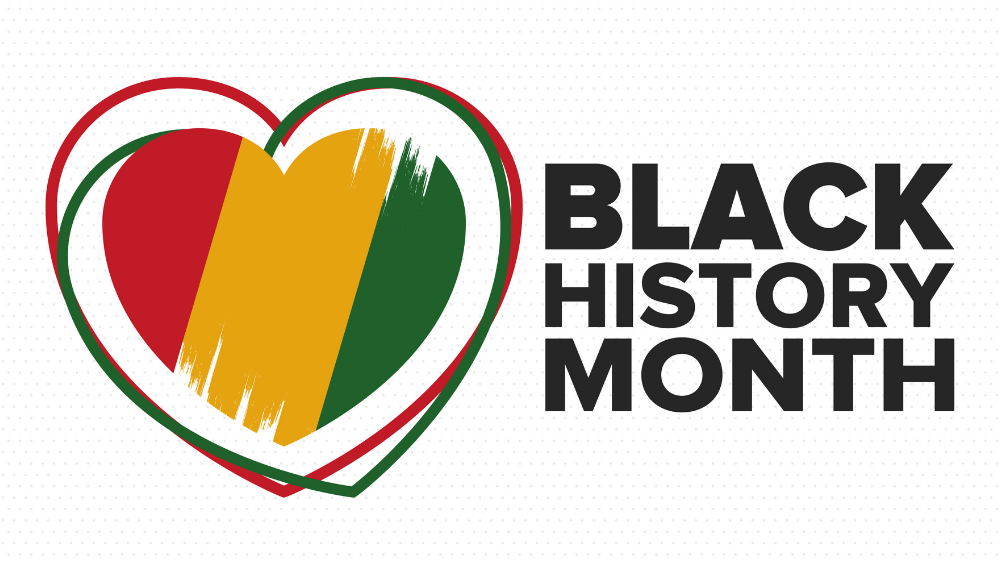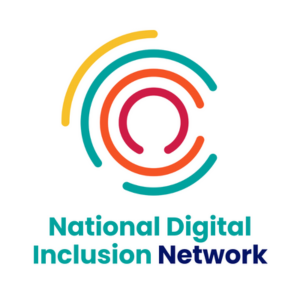Insights
INSIGHTS
All Topics
My Account
How charities are celebrating Black History Month 2021
08 Oct 2021
We look at the different ways that charities in the UK are commemorating Black History Month
October 2021 marks the 34th celebration of Black History Month in the UK. Black History Month is intended to celebrate the life and achievements of Black people across the world, from bestselling authors like Malorie Blackman to pioneers such as the abolitionist campaigner Mary Prince.
Black History Month exists because the history of Black people in the UK and across the world has often been excluded or overlooked. In the UK in 2020, for example, a report found that the national curriculum “systematically omits the contribution of black British history in favour of a dominant white, Eurocentric curriculum”.
Black History Month aims to redress that imbalance, to ensure that the stories of Black Britons are not forgotten and to shine a light on the parts of history that tend to be neglected or omitted from public consciousness.
October can be a time for us to talk about matters that are difficult, such as racial injustice and the uncomfortable truths from the UK’s colonial past, following the example of the National Trust who, in September 2020, released a report to address its links to colonialism and slavery.
But Black History Month also means celebrating the joyous part of Black history, too, from the worlds of music, theatre, and sport, among many others.
There are many ways that charities can get involved with Black History Month. Here we look at what some organisations are doing to celebrate and commemorate Black people in their community.
What are charities doing in the UK?
Albert Kennedy Trust (akt)
The Albert Kennedy Trust (akt), a charity that supports LGBTQ+ youth facing homelessness, has compiled a page of resources to celebrate Black History Month, from reading and film lists to tools that schools can use.
As well as directing its website visitors to special resources and events celebrating Black History Month, akt also provides information on issues affecting young Black people, particularly those facing homelessness.
For example, young Black men are 19 times more likely to stopped and searched in London. When the person in question is homeless, stop and search, and subsequently being moved on, can affect their access to homelessness services, which are often based on current location.
More than a quarter of the young people akt supports are Black, and the charity adds, “Black history month is a time for reflection and celebration in the UK. For akt, it’s also a time to celebrate what it means to be Black and LGBTQ+”.
Anthony Walker Foundation
The Anthony Walker Foundation, an anti-racism organisation set up in the memory of Anthony Walker, who was killed in a racially-motivated attack in 2005, is running a campaign in October called “You Cannot Be What You Cannot See”.
Now in its second year, the campaign aims to inspire the next generation and show them the possibilities of what they can achieve by directing them to prominent Black leaders who are making waves and influencing change.
Everton and England striker Dominic Calvert-Lewin is one such leader appearing on digital screens across the country and social media, alongside a piece of advice he would give to his younger self.
Calvert-Lewin’s advice reads: “You can be anything you want in the world, if you invest everything you have into achieving it, regardless of how you look or the colour of your skin.”
British Red Cross
The British Red Cross has created a toolkit for teachers wishing to talk to their students about Black History Month at school.
Aimed at 11 to 18-year-olds, the activities in the kit aim to help young people discover more about the work of Black humanitarians in British society and reflect on our assumptions about people to challenge stereotypes.
The organisation has also created an online exhibition called Black history is British history, which brings together the stories of Black humanitarians from Mary Seacole in the 1800s to Jo Makanda, British Red Cross’s current Strategic Change Manager.
Through the exhibition, the British Red Cross hopes to celebrate people’s stories and achievements in Black History Month and beyond.
CPRE, the countryside charity
CPRE have released an article for Black History Month, written by Wilfred Emmanuel Jones MBE, British businessman and farmer, and member of the Windrush Generation. It aims to highlight the wealth of different experiences in the countryside and the importance of having access to it.
Wilfred has written about his connection with the countryside and his experiences coming to the UK from Jamaica in the 1950s, including how his father’s allotment inspired him aged 11 to take up farming. He talks about the importance of bringing diversity to the countryside and challenging the stereotypes that led him to being called “The Black Farmer” locally (a title that he has since reclaimed for his brand).
He writes: “For me, land is like belonging. I regard myself as a black Englishman, and I can actually walk around a piece of land that I own, listen to birdsong, enjoy the fantastic sunsets. That really does give you a connection with your country. The more people from diverse backgrounds who can get access to land and have that sense of belonging, the better it is for us as a society.”
MS Society
Throughout October, MS Society UK, a charity dedicated to supporting people with multiple sclerosis, will be sharing stories “that centre the voices of Black people in the MS community”.
Following the 2021 campaign set out by Black History Month, called #ProudToBe, the charity has invited people in its community to reflect on why they’re proud of who they are, their history, and the people that inspire them.
The stories will be shared in blogs and on social media, while MS Society volunteers and colleagues will also share what Black History Month means to them.
It is the second year that MS Society has celebrated Black History Month, doing so in 2020 after renewing its commitment to equality, diversity, and inclusion following the work of the Black Lives Matter movement.
Further reading
In 2020, Charity So White, the campaign group led by people of colour with the aim of rooting out racism in the charity sector, curated a collection of stories from charity workers to celebrate joy during Black History Month, after a painful year. The group also highlighted Black Heroes in charities and created an insightful series of essays covering race issues in the sector.
There are also lots of anti-racism and Black-led charities to donate to during Black History Month, such as the aforementioned Anthony Walker Foundation, the mental health charity Black Minds Matter, women’s charity Southall Black Sisters, and Forward, an African-led organisation that seeks to end violence against women and girls – to name just four.
Though month is in the title, the most important thing to remember is that Black History Month doesn’t end when November arrives. The charity sector should demonstrate its commitment to inclusivity and accessibility all year round.
But while history’s scales remain distinctly unbalanced, Black History Month is vital to ensure that Black stories are given the spotlight they deserve.
More on this topic
Recommended Products
Our Events
Charity Digital Academy
Our courses aim, in just three hours, to enhance soft skills and hard skills, boost your knowledge of finance and artificial intelligence, and supercharge your digital capabilities. Check out some of the incredible options by clicking here.














